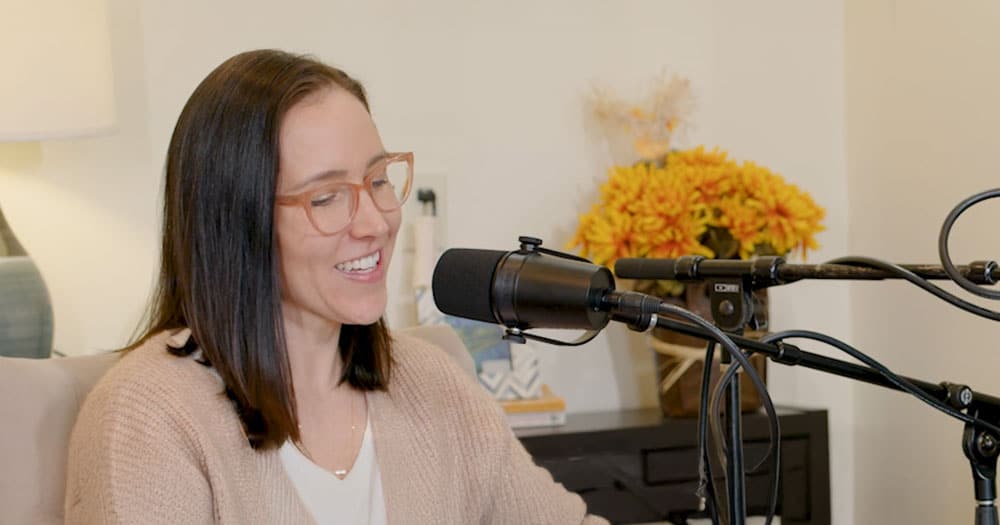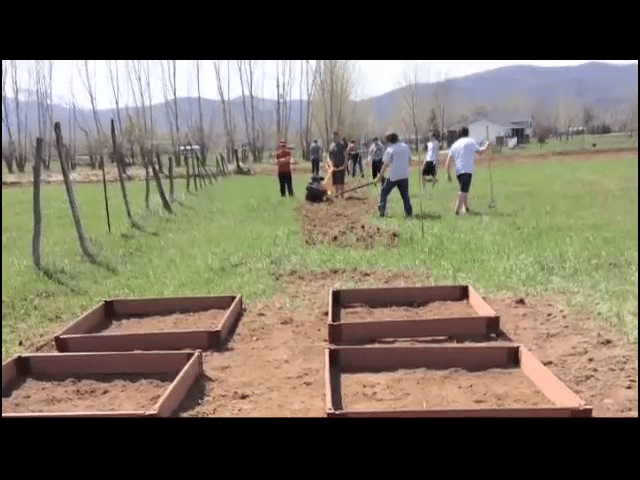Inspiring Stories


WayPoint Academy is the Leading Teen Anxiety Treatment Center for Teenage Boys & Girls
At WayPoint Academy, our treatment approach is purposefully designed to help teens overcome anxiety and empower parents with the confidence that their child is receiving the best possible care. We integrate individualized, evidence-based therapeutic methods that foster growth, resilience, and long-term success for both teens and their families.

Is your teen struggling with severe anxiety or OCD? Discover how ERP therapy at WayPoint Academy helps teens manage these challenges and find relief. Tune in to our podcast for expert insights and proven solutions to help your teen overcome anxiety, OCD, and school refusal. Don’t miss out on the guidance you need!
The Best Step to Reducing Anxiety Start The Free Teen Assessment
Feeling overwhelmed by your teen's anxiety? You're not alone. Remember, the best step to reducing anxiety within yourself and your teen is to take action towards solving the issue. This free assessment is the first step towards understanding your teen's unique challenges and finding effective solutions. It's time to take control and create a brighter future for your family.
Designed to reverse the debilitating effects of anxiety
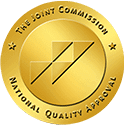
Backed by The Joint Commission which ensures programs adhere to the highest quality of clinical and medical practices.

Designated as a NATSAP Research Program, showing our commitment to well-researched practices in our program.

Full member of the National Association of Therapeutic Schools and Programs (NATSAP), which ensures regulation of programs that serve children and adolescents.
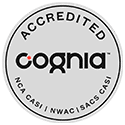
This program is proud to be Cognia Accredited. Cognia provides accreditation to schools that have earned recognition for their reputation and high educational standards.

WayPoint Academy is fully licensed in the state of Utah.

Waypoint Academy is a certified Student and Exchange Visitor Program (SEVP), allowing us to welcome and support international students.
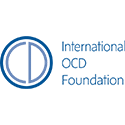
Full Member of the International OCD Foundation, which ensures our staff has access to the most up-to-date OCD treatment practices and research.

Founding member of Choose Mental Health, guiding families with questions about mental health.
- Comprehensive Integration of ERP Therapy: WayPoint uniquely integrates Exposure and Response Prevention (ERP) therapy into every facet of its residential treatment program. This means that ERP is not just confined to therapy sessions, but also incorporated into the academic, residential, and experiential activities. This ensures a consistent and personalized approach where students are continually supported in confronting their anxieties throughout their daily lives. All of WayPoint's therapists are trained or certified in ERP methods by the Behavior Therapy Training Institute (BTTI).
- Experiential and Outdoor Focus: WayPoint utilizes its location to provide robust off-campus and outdoor programs as part of its teen anxiety treatment approach. These programs provide real-world opportunities for students to practice exposure therapy by engaging in activities such as skiing, mountain biking, and camping. These activities not only challenge students to face their anxieties, but they also provide opportunities for social learning and practice.
- Accredited Academics and Skill Development: WayPoint offers a fully accredited, on-site high school curriculum with small class sizes and certified teachers. The academic program is both rigorous and flexible, designed to accommodate different learning styles and provide individualized support. Teachers at WayPoint understand the link between anxiety and task avoidance. The academic team works closely with the clinical team to implement strategic, comprehensive approaches for students to complete their educational goals. This approach emphasizes skill development, including executive functioning skills, communication skills, self-advocacy, and practical life skills like etiquette and study habits.
With a focus on innovation, collaboration, and real-world application, WayPoint offers a truly distinctive experience for students and their families, ensuring comprehensive support and meaningful progress.
Frequently Asked Questions
What types of anxiety disorders does WayPoint Academy treat?
WayPoint Academy specializes in treating anxious teens who struggle with Generalized Anxiety Disorder (GAD), Social Anxiety, Panic Attacks/Panic Disorder, Obsessive-Compulsive Disorder (OCD), and School Refusal/School Anxiety.
What is Exposure and Response Prevention (ERP) therapy, and how does WayPoint use it?
ERP is a type of therapy that involves gradually exposing an individual to situations or thoughts that trigger their anxiety or OCD while preventing them from engaging in compulsive behaviors. Over time, this process helps individuals reduce their anxiety and break their obsessive cycles and compulsions. WayPoint integrates ERP into all aspects of its residential program, not just therapy sessions. This means that teens will be exposed to their fears in therapy, in residential life, during school, and in experiential activities. The goal is to help teens gradually face their fears and resist compulsions.
What other types of therapies are used at WayPoint?
In addition to ERP, WayPoint incorporates other evidence-based therapies such as Dialectical Behavior Therapy (DBT), Cognitive Behavioral Therapy (CBT), Acceptance and Commitment Therapy (ACT), and trauma-informed models. WayPoint also uses Motivational Interviewing and Panic-Focused Psychodynamic Psychotherapy (PFPP).
How does WayPoint address co-occurring conditions?
WayPoint looks at the underlying causes of co-occurring conditions such as depression, autism spectrum disorder, non-verbal learning disorders, ADHD, and trauma, and examines how they are related to anxiety or OCD. They address each condition individually to prevent them from worsening the anxiety.
What is the Mindful Completion Model?
WayPoint uses the Mindful Completion Model (MCM), which focuses on replacing avoidance with acts of purposeful completion. This model challenges negative beliefs through strategically designed activities that require students to face and complete challenges.
How is treatment at WayPoint personalized for each student?
WayPoint develops individualized treatment plans based on various assessments, including biopsychosocial assessments, previous psychological testing, ongoing psychological testing, and direct observation. These assessments help determine the appropriate level of care for each student.
What is the academic program like at WayPoint?
WayPoint offers a fully accredited, on-site, high school curriculum with small class sizes, taught by certified and endorsed teachers. The academic program is designed to be both rigorous and flexible, with core subject classes, honors classes, and credit recovery classes. WayPoint is also sensitive to IEPs and will work with school districts to help students achieve their academic goals. Teachers also focus on improving executive functioning skills, academic skills, and communication skills.
What is the academic program like at WayPoint?How does WayPoint ensure that students continue to develop academically while in treatment?
WayPoint provides a structured academic environment that is designed to help students transition back to a traditional school setting. They also provide educational support that aligns with each student's unique requirements. WayPoint's teachers are trained to understand and address anxiety-related issues, and they integrate therapy into the classroom setting to provide a nurturing environment.
How are parents involved in the treatment process?
WayPoint recognizes that family support is crucial. They offer weekly family therapy, parent support groups, parent seminar days, and parent psychoeducation classes. Parents can also contact therapists and academic teams with questions. As the child progresses, parents can visit them on campus.
What kind of activities are offered at WayPoint besides therapy?
WayPoint offers a variety of recreational and adventure activities such as skiing, mountain biking, and hiking. They also provide service opportunities to help others. These activities enhance self-confidence, self-esteem, and identity development.



